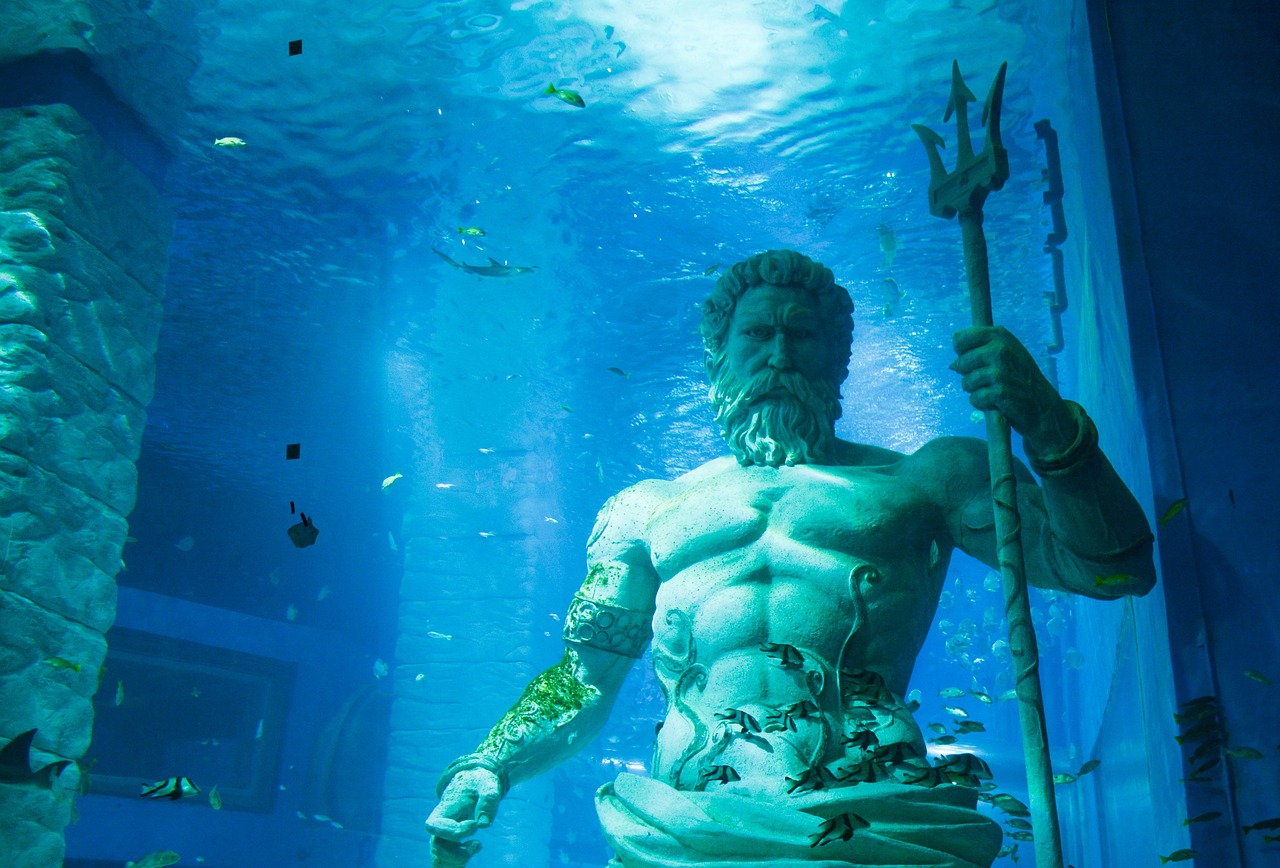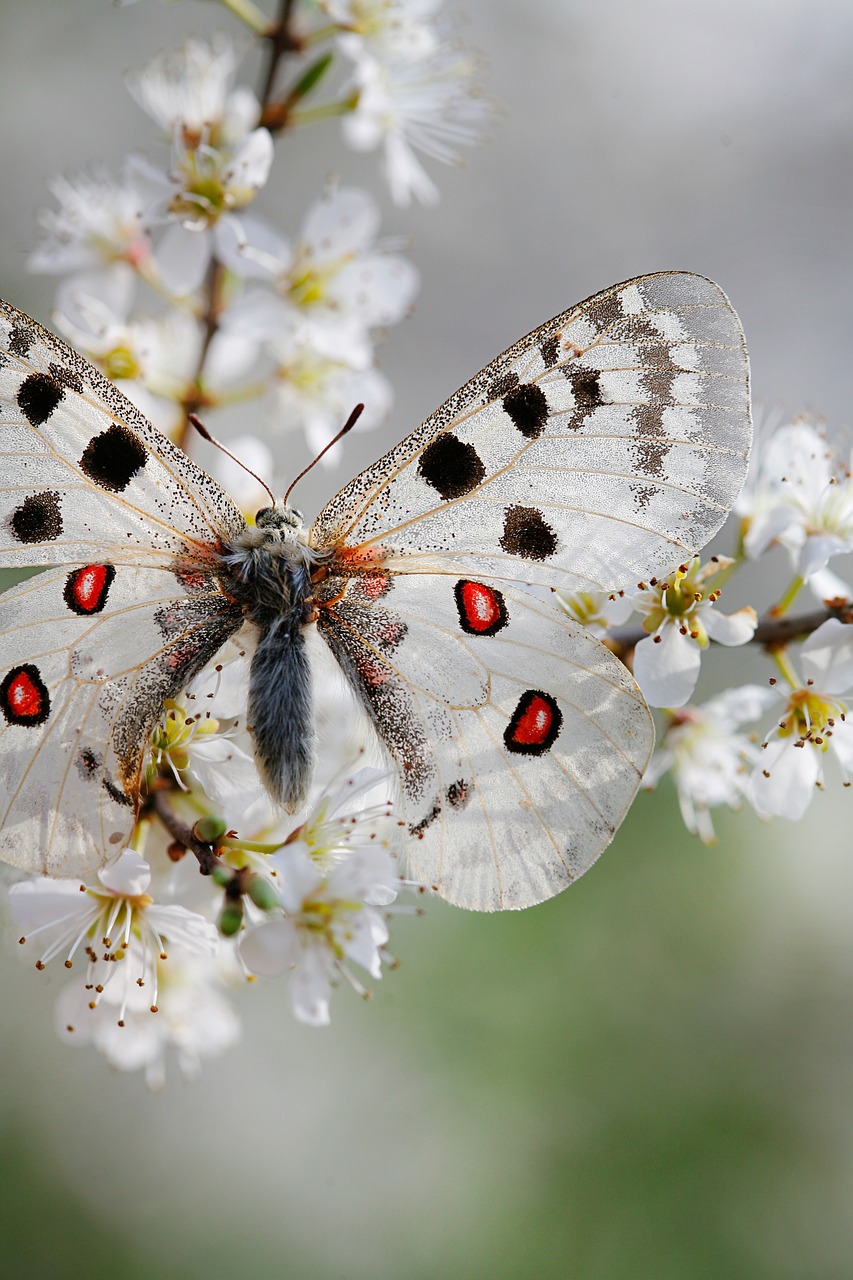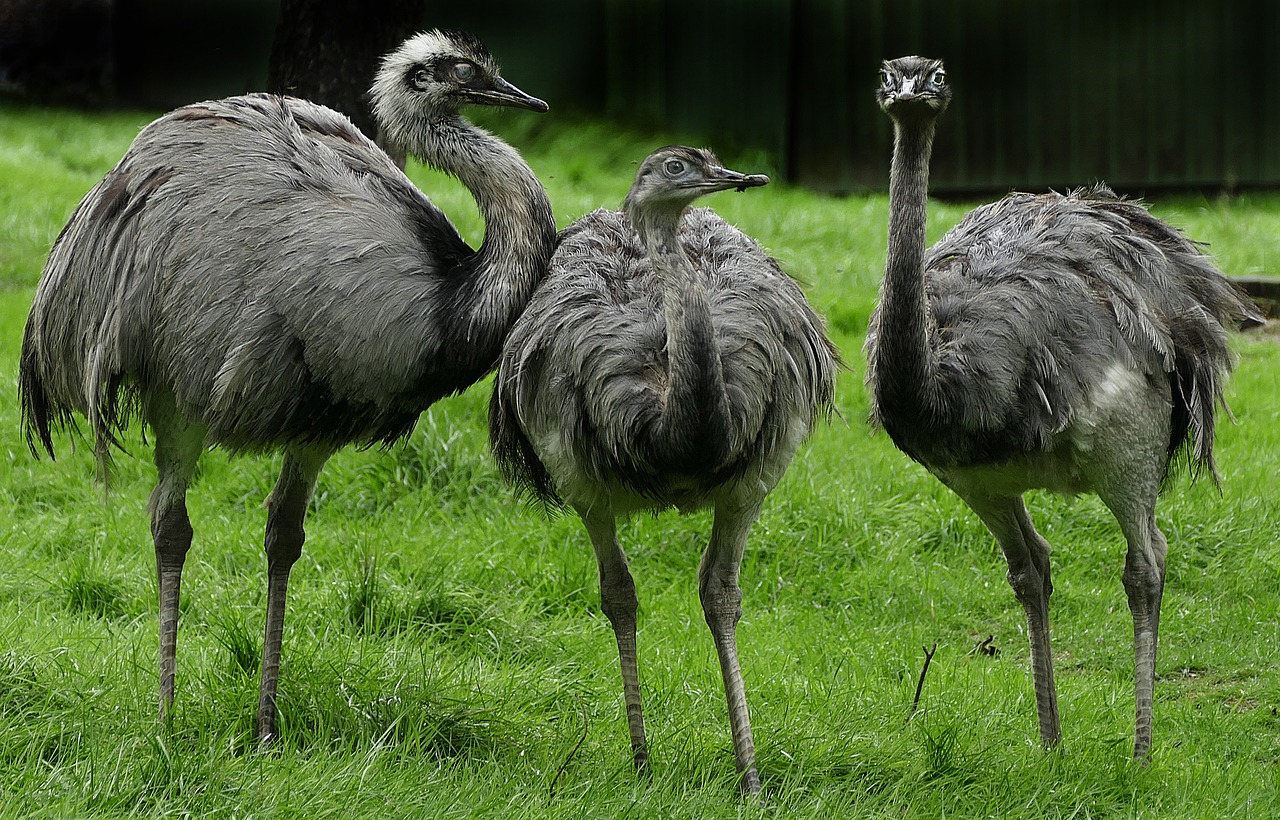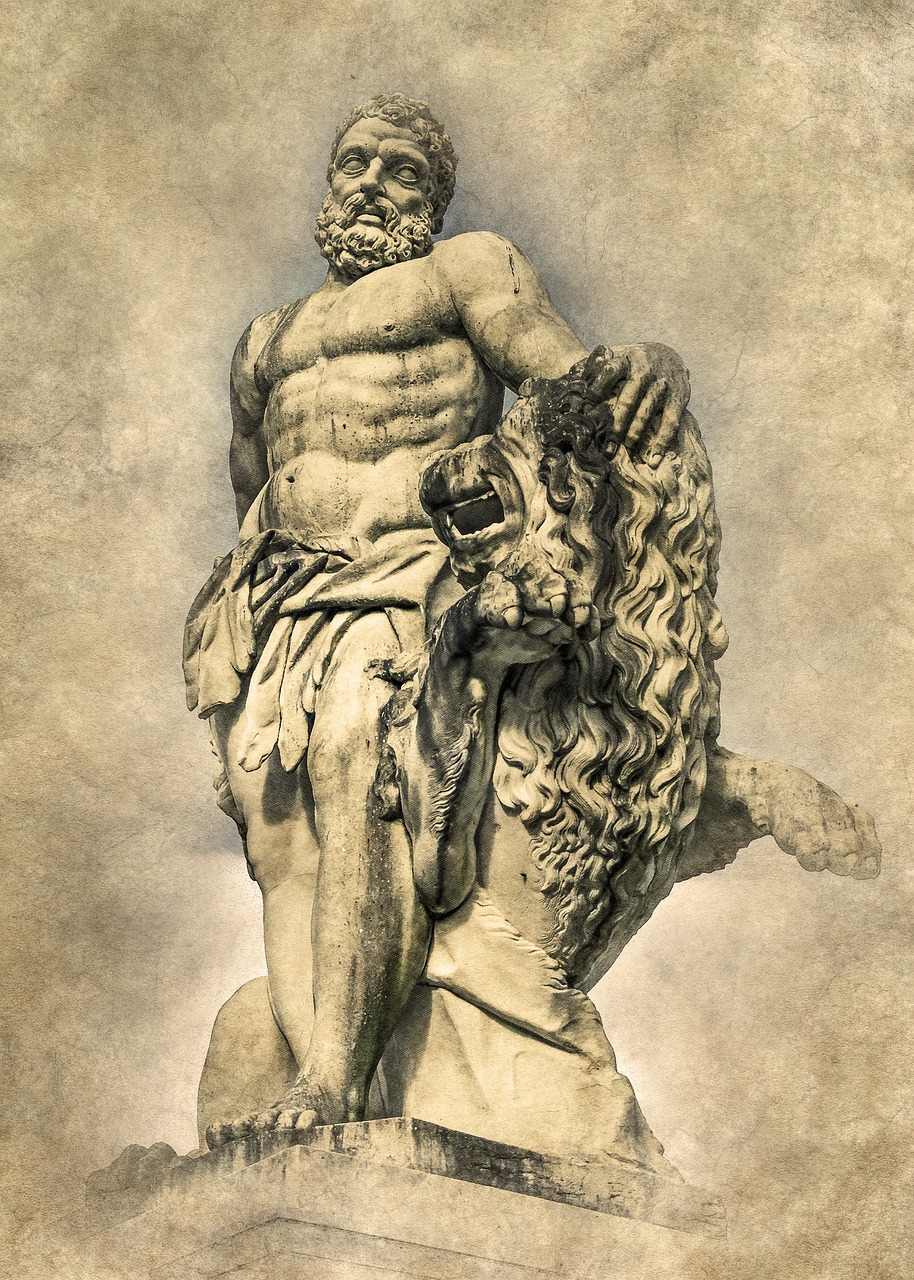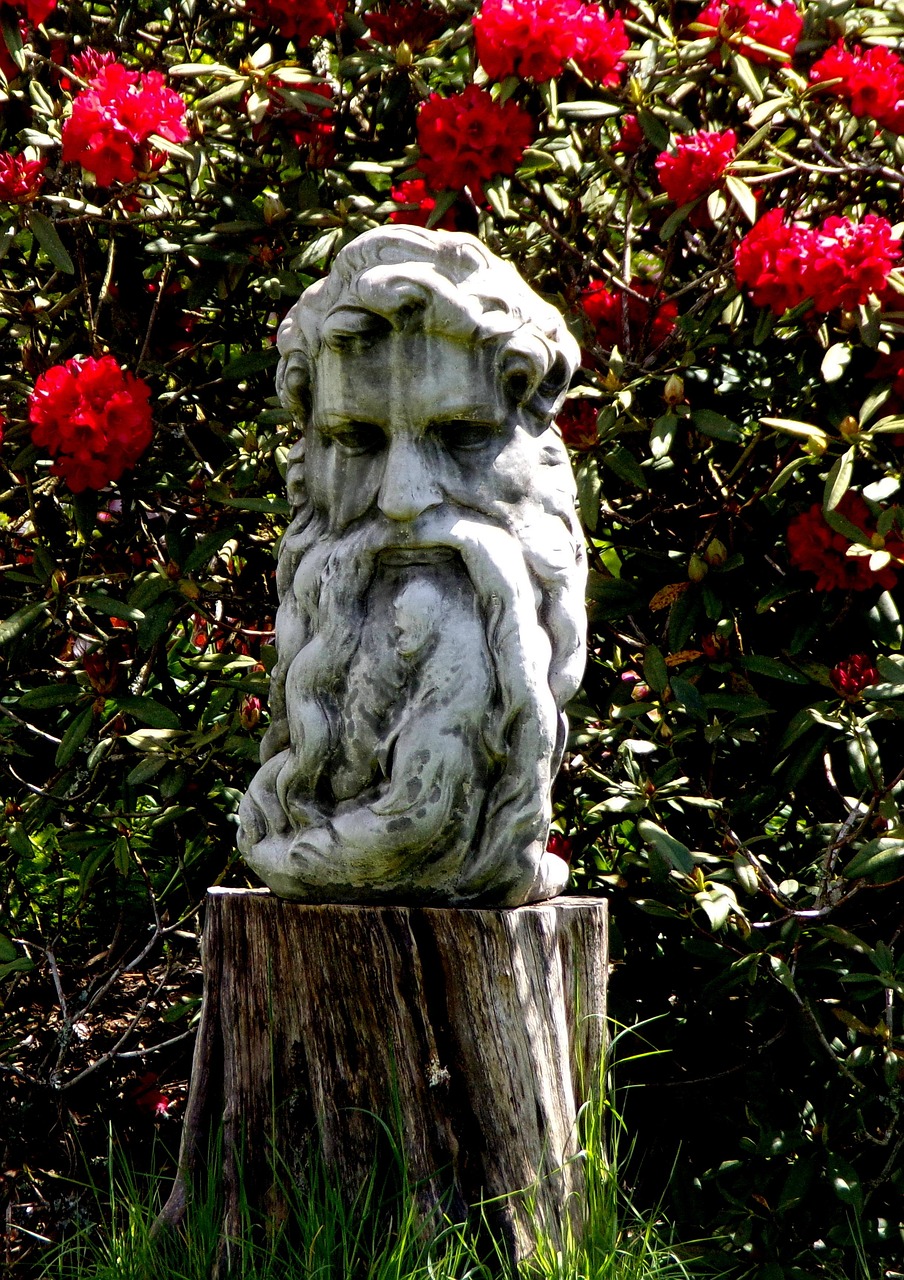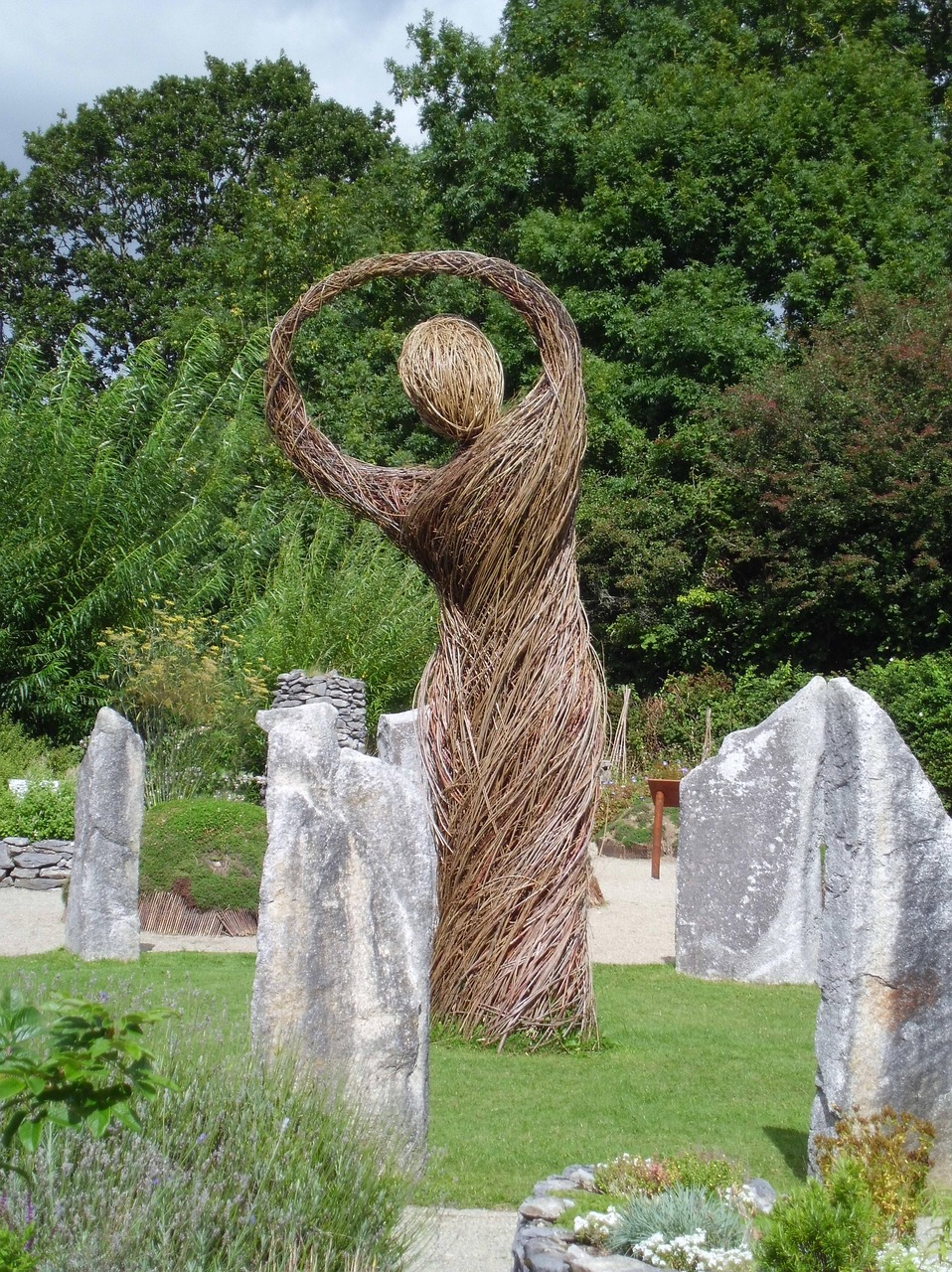Author: Erlang Shen
-
Hades, often misrepresented as malevolent, actually embodies a more neutral essence. He presides over the underworld where the souls of the departed dwell, alongside all that lies beneath the surface of the earth, including caves and precious gems. Unlike the commonly held belief, Hades only exhibits anger when death is unjustly challenged. He is not…
-
Apollo: The Multifaceted Olympian God Apollo, known in Greek mythology as Apollon, is revered as an Olympian god encompassing a wide range of domains including prophecy, music, poetry, healing, archery, and the protection of the youth. Often represented as an attractive young man with long, flowing hair, his attributes include a laurel wreath, a bow…
-
Irish and Welsh mythology brims with enigmatic and captivating figures, though many narratives have vanished through the passage of time, primarily due to oral traditions and generational storytelling. Among these stories, one has endured partially against the tide of time: the tale of Arawn, the king of the Otherworld in Celtic and Welsh mythology. Arawn…
-
Rhea, known as Rheia in Greek mythology, holds a pivotal role as the goddess of motherhood, female fertility, and generation, embodying the essence of flow and ease. She was the Titaness and mother of the gods, often depicted as the ever-maternal figure. As the spouse of Kronos (Cronus, representing Time), Rhea symbolized the continuous passage…
-
Background Medb, a daughter of the king of Tara, controversially made a name for herself by assassinating her sister while she was pregnant. Subsequently, Medb married Aillil and took control of Connacht, land that her sister would have claimed. She rose to prominence as the queen of Connacht, particularly noted for her involvement in the…
-
The tale of Jason and the Golden Fleece represents one of the most ancient narratives of a hero’s expedition. It embodies a classic storyline filled with themes of betrayal and revenge, culminating in a sorrowful conclusion. The saga begins when Jason’s uncle, Pelias, murders Jason’s father, the king of Iolkos, seizing control of the throne.…
-
Hercules: The Myth of the Struggling Hero Hercules, a notable figure in mythology, was not a god but a mortal born to a complex lineage. His father, Zeus, held dominion over the Greek pantheon, while his mother, Alcmene, was the granddaughter of Perseus, the famed slayer of Medusa, another of Zeus’s offspring. The constellation named…
-
A Journey into the Myth of Dionysus Dionysus, often recognized as the God of Wine, Ecstasy, and Theatre, occupies a distinctive position within the rich tapestry of Greek mythology. This exploration into the life and representations of Dionysus reveals a deity steeped in both celebration and caution, encapsulating the dual forces of joy and chaos…
-
Pomona, also known as Pompona, stands as the Roman goddess symbolizing abundance, with a focus on fruit-bearing trees, gardens, and orchards. Regarded as a minor deity, her symbol was the pruning knife. Some narratives even portray her as a wood nymph rather than a traditional goddess. Historical Background As a uniquely Roman entity, Pomona presided…
-
Lughnasadh: A Celestial Celebration of Harvest and Tradition Dive into the vibrant culture of the Celts, exploring the legends, practices, and festivities that shaped their ancient heritage. Among the pivotal celebrations within the Celtic calendar, Lughnasadh—also referred to as Lughnasa—emerges as a cherished festival with extensive historical importance. This composition delves into the essence of…

